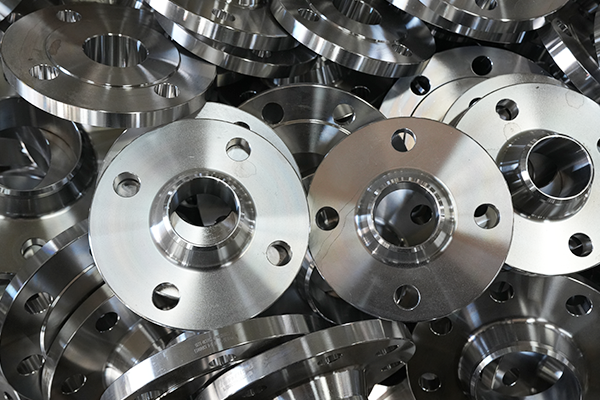NewsDetails
Insulated Pipeline Supplier Trends in 2025: Driving Sustainability and Smart Innovation
author:Zhantong time:2025-09-03 21:53:26 Click:53
The Growing Role of Insulated Pipeline Suppliers
Thermal insulation in pipeline systems is no longer a luxury—it's a critical requirement across energy, industrial, and utility sectors. As operational efficiency and environmental compliance become top priorities, businesses increasingly depend on reliable Insulated Pipeline Suppliers to deliver advanced solutions that meet stringent performance standards.
The year 2025 introduces a paradigm shift in how these suppliers approach design, materials, and monitoring technologies. This article examines emerging trends reshaping the industry, emphasizing sustainable practices, innovative engineering, and digital integration.
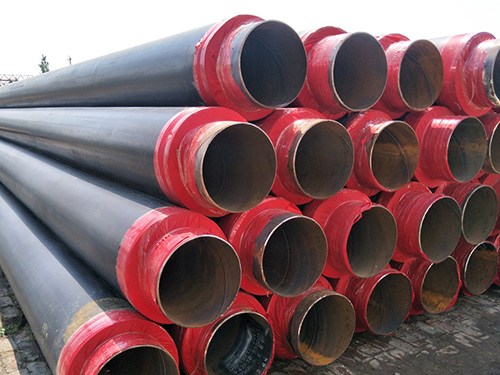
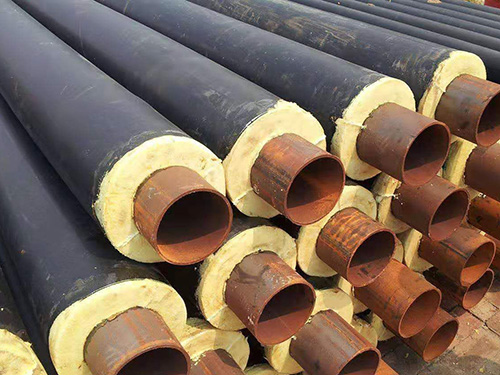
1. Sustainability Takes Center Stage
Environmental responsibility is a defining theme across industries, and insulated pipeline manufacturing is no exception. Insulated Pipeline Suppliers are responding by:
·Introducing Recyclable Materials: Advanced composites and mineral-based insulation offer lower environmental impact without compromising thermal performance.
·Adopting Low-Emission Processes: Factories now implement optimized energy usage and reduced waste strategies.
·Designing for End-of-Life Recovery: Pipelines engineered for easy dismantling and recycling align with circular economy principles.
These measures not only address global ESG frameworks but also help customers meet their sustainability targets.
2. Breakthroughs in Insulation Technology
With rising energy costs and climate-related pressures, heat loss reduction has become essential. Modern suppliers focus on innovative insulation methods, such as:
·Vacuum-Based Solutions: Vacuum-insulated pipes minimize heat transfer, ideal for cryogenic and high-pressure systems.
·Nano-Coating Applications: Nanotechnology provides superior insulation with less material bulk.
·Hybrid Layering Systems: Combining metal jackets with multilayer composites for enhanced durability and corrosion resistance.
These advancements translate into greater energy efficiency and longer lifecycle performance for end users.
3. Smart Monitoring and Digital Pipelines
The digitalization wave is redefining the pipeline industry. Forward-thinking Insulated Pipeline Suppliers now deliver products designed for real-time connectivity:
·Integrated IoT Sensors: Monitor temperature consistency, detect potential leaks, and track insulation integrity remotely.
·Predictive Maintenance Models: AI-driven systems anticipate failures before they occur, minimizing downtime and repair costs.
·Digital Twin Platforms: Virtual modeling of physical pipelines enables accurate performance simulations and lifecycle predictions.
This synergy of physical infrastructure and digital intelligence enhances operational safety and long-term reliability.
4. Regulatory Compliance and Quality Assurance
Stringent standards such as EN 253, ISO 14001, and ISO 9001 continue to govern the industry. In 2025, compliance is non-negotiable. Top Insulated Pipeline Suppliers invest heavily in quality control systems, ensuring their products surpass thermal, pressure, and safety benchmarks. For buyers, this guarantees not only performance but also adherence to global environmental and safety norms.
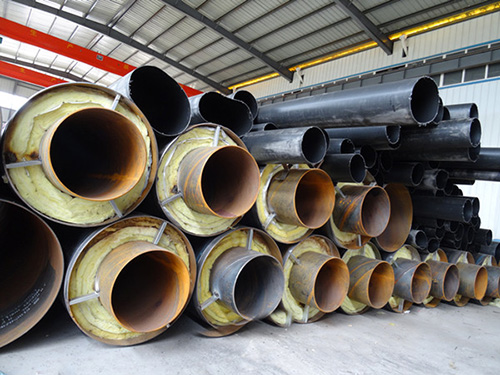
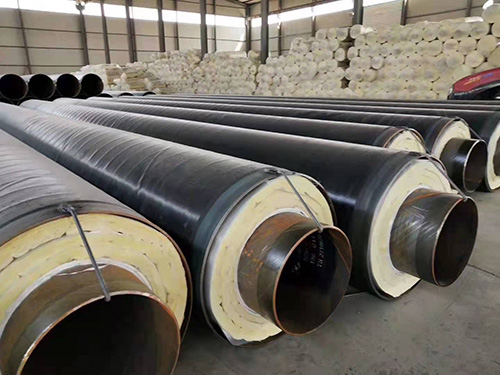
5. Industry-Specific Customization
As markets diversify, one-size-fits-all solutions no longer suffice. Suppliers now specialize in engineered-to-order insulated pipelines for:
·District Energy Networks
·Petrochemical and Refining Facilities
·Renewable Energy Installations (including geothermal and biomass systems)
Custom configurations in insulation thickness, joint sealing, and outer casing materials make pipelines adaptable to a variety of environmental conditions.
6. Alignment with Energy Transition Goals
The role of insulated pipelines in renewable energy systems cannot be overstated. From transporting biomass slurry to managing geothermal steam, suppliers are innovating to support global decarbonization initiatives. Advanced insulation reduces thermal losses, thereby improving overall system efficiency in sustainable energy projects.
Balancing Cost and Innovation
While cutting-edge materials and digital solutions deliver undeniable benefits, they often involve higher initial costs. The most competitive Insulated Pipeline Suppliers of 2025 will be those that successfully bridge the gap—offering advanced, eco-friendly solutions at cost levels acceptable for large-scale adoption.
Conclusion: Why Choosing the Right Supplier Matters
The insulated pipeline sector is rapidly transforming through sustainability-driven design, smart technologies, and tailored engineering. Partnering with the right Insulated Pipeline Supplier ensures access to high-performance systems that deliver efficiency, compliance, and environmental value.
As global industries move toward carbon neutrality and digital infrastructure, selecting a forward-thinking supplier is no longer optional—it’s a strategic imperative for success in 2025 and beyond.
References
GB/T 7714:Doyle L, Weidlich I. Sustainable insulation for sustainable DHC[J]. Energy reports, 2021, 7: 150-157.
MLA:Doyle, Lucía, and Ingo Weidlich. "Sustainable insulation for sustainable DHC." Energy reports 7 (2021): 150-157.
APA:Doyle, L., & Weidlich, I. (2021). Sustainable insulation for sustainable DHC. Energy reports, 7, 150-157.
 Recommended Products
Recommended Products
 Contact us
Contact us
—— Contact:Manager
—— Tel:+86 15231788966
—— Email:info@zhantongpipe.com
—— Url:https://www.zhantongpipe.com
—— Address:Mengcun Hui Autonomous County, Cangzhou City, Hebei Province

